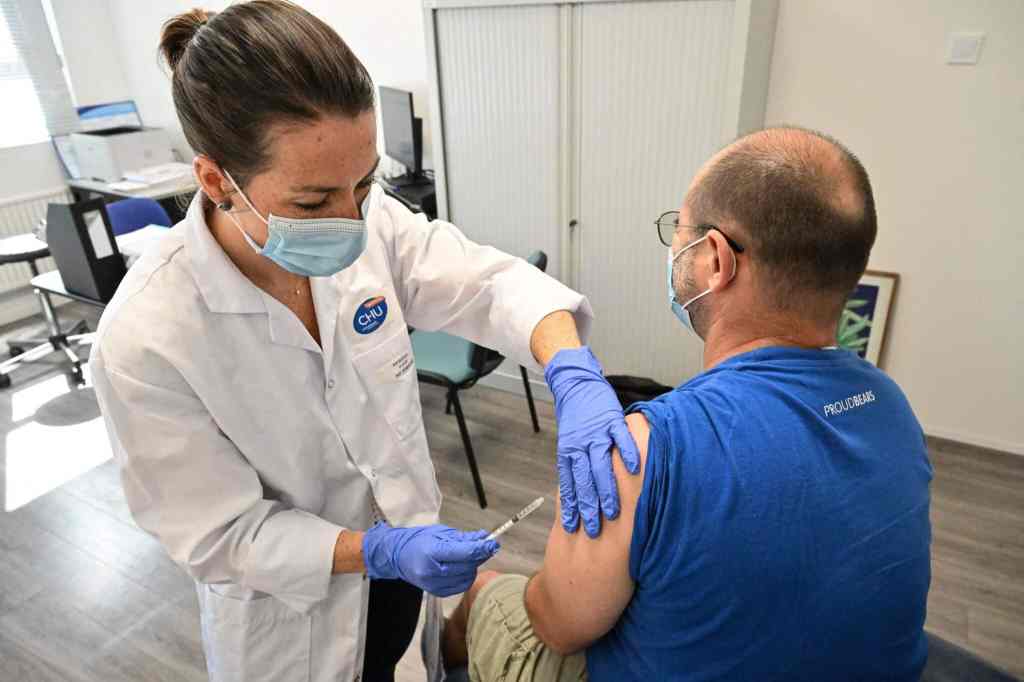Mpox not renewed as a public health emergency – but will be ‘closely’ monitored

Mpox has been declared a global health emergency by the World Health Organization. (Getty Images)
The US Department of Health and Human Services is planning on declassifying Mpox, formerly known as Monkeypox, as a public health emergency next month.
The current declaration ends on 31 January.
Department of Health and Human Services secretary Xavier Becerra said in a statement it did “not expect that it needs” to be renewed, citing “the low number of cases today”.
According to the Centres for Disease Control and Prevention (CDC), the seven-day moving average (averaging daily cases over the past seven days) of Mpox cases is six for the week to 7 December.
The data shows cases peaked in early August, with the daily average hitting 462 in the seven days to 5 August.
Becerra said officials “won’t take our foot off the gas” when Mpox is no longer classified a public health emergency.
“We will continue to monitor the case trends closely and encourage all at-risk individuals to get a free vaccine.”
Authorities would continue to work closely with disproportionately affected communities, Becerra said.

Gay, bisexual, and other men who have sex with men have been disproportionately affected in the most recent outbreak, but anyone can become infected.
The speed at which the outbreak took off, and that these men were being infected, left experts flagging the need to ensure people Mpox is not a ‘gay disease’ and inferring it would stir up homophobia.
Other CDC data shows there have been more than 82,000 cases worldwide in the 2022 outbreak.
Almost 30,000 of those were in the US, including 20 who died from the virus.
The virus was renamed from Monkeypox to Mpox last month by the World Health Organization (WHO).
Updating diseases can usually take several years, WHO said at the time. However, the process was accelerated for Mpox because of “racist and stigmatising language online, in other settings and in some communities”.
The organisation said it was first named ‘monkeypox’ in 1958 – before current best practices were adopted – when monkeys in a Danish laboratory were observed to have a ‘pox-like’ disease.
In the UK, sexual health experts recently warned it is important to remain vigilant of the virus, despite cases decreasing.

